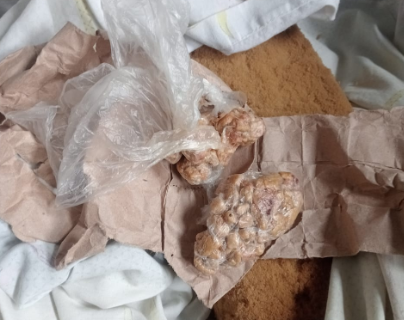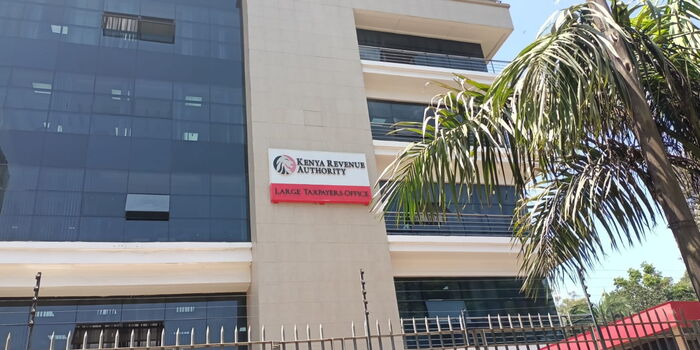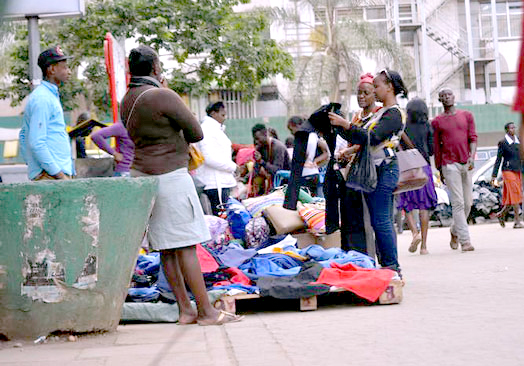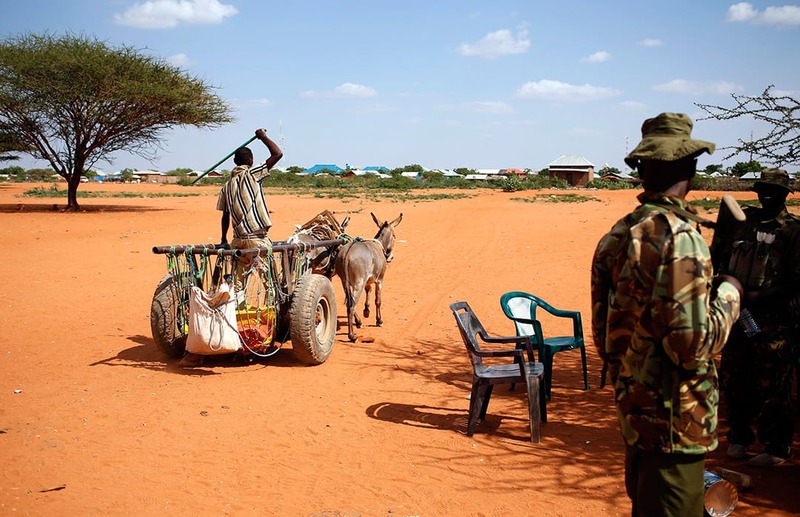James Nduati's 20-year journey to building Eastleigh charcoal empire
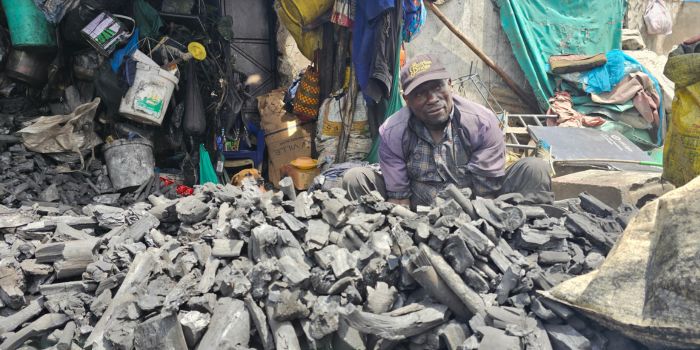
By Abdirahman Khalif |
Nduati, a father of three, has used the proceeds from his business to raise and educate his children. His supply chain is extensive, with the charcoal sourced from counties including Machakos, Isiolo, and Kitui.
James Nduati has been a fixture in Eastleigh's marketplace for the past 20 years, when he relocated from his home in Nyeri County with a fresh realisation of the great potential of a charcoal business in the rapidly growing Nairobi neighbourhood.
Nduati quickly borrowed money from friends to launch his venture, opening a modest stall on Fourth Street, and has since remained dedicated, never considering another line of work.
Keep reading
Eastleigh's expansion often required the 61-year-old to move his operations to new locations but he eventually found a stable base on Second Street at Third Avenue, where he has been selling charcoal for over five years now.
In an interview with The Eastleigh Voice on June 17, 2024, Nduati described the charcoal trade as reliably profitable.
"It's a good business. That I have been doing it all these years shows it's a good business," he said, adding that when he first entered the market, charcoal was the primary fuel source for many homes and restaurants as gas was not yet widely available.
But even as gas gained popularity, charcoal remained in high demand due to its lower cost. He said a six-kilogramme gas cylinder would cost approximately Sh900, while a container of charcoal would be purchased for as little as Sh30.
This affordability has kept charcoal a staple for many, especially those with limited financial resources.
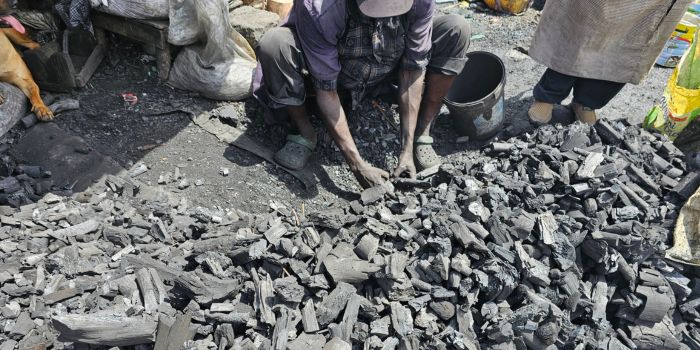 James Nduati, a businessman who sells charcoal in Eastleigh, Nairobi, prepares to serve a customer on June 17, 2024. (Photo: Abdirahman Khalif/EV)
James Nduati, a businessman who sells charcoal in Eastleigh, Nairobi, prepares to serve a customer on June 17, 2024. (Photo: Abdirahman Khalif/EV)
Clients' unique needs
Nduati, a father of three, has used the proceeds from his business to raise and educate his children.
"All my children have been educated through this business, which has also provided our upkeep," he said, noting that he began as a small-scale retailer but later entered the wholesale space, supplying numerous sellers throughout Eastleigh.
His supply chain is extensive, with the charcoal sourced from counties including Machakos, Isiolo, and Kitui.
Nduati receives several 100-kilogramme sacks of charcoal every month, each priced at Sh2,000. These are stored in his old wooden stalls until he sells them, offering the commodity in various quantities costing at least Sh50, catering to a wide range of customers with different capabilities.
Nduati says his clientele consists of people who prefer the taste of food cooked over charcoal.
"Food cooked on charcoal tastes better compared to gas or other means. That is what my customers tell me," he explained.
Local restaurants also purchase large quantities of charcoal from him.
"You see all these restaurants around here; they buy from me. There are foods like beans you cannot cook on gas."
Nduati is a well-known figure in Eastleigh, particularly among mothers who regularly buy from him.
The Somali community also frequently purchases his charcoal to use as uunsi, or frankincense, which is burned in a dabqaad, a burner pot made of white clay.
It is traditionally burned after meals in the evening or during special occasions and is believed to lift spirits and provide a lingering fragrance.
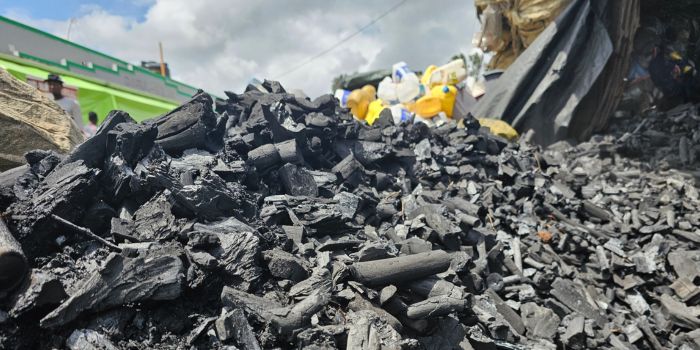 Some of the charcoal that businessman James Nduati sells at his stall on Second Street in Eastleigh, Nairobi, as pictured on June 17, 2024. (Photo: Abdirahman Khalif/EV)
Some of the charcoal that businessman James Nduati sells at his stall on Second Street in Eastleigh, Nairobi, as pictured on June 17, 2024. (Photo: Abdirahman Khalif/EV)
Setbacks
Despite his success, Nduati faces several challenges.
Price fluctuations, especially during the rainy season, make it difficult to maintain consistent profits. and wet trees are harder to convert into charcoal, leading to supply issues.
Additionally, he sometimes receives charcoal broken into tiny pieces, which are harder to sell.
Nduati also contends with harassment by police and city askaris (kanjo).
"Sometimes they harass me even though I have all the required documents," he said, noting that this is a common issue for many small business owners.
Nduati remains optimistic about the future, confident in the enduring demand for his product and the loyalty of his customers.





